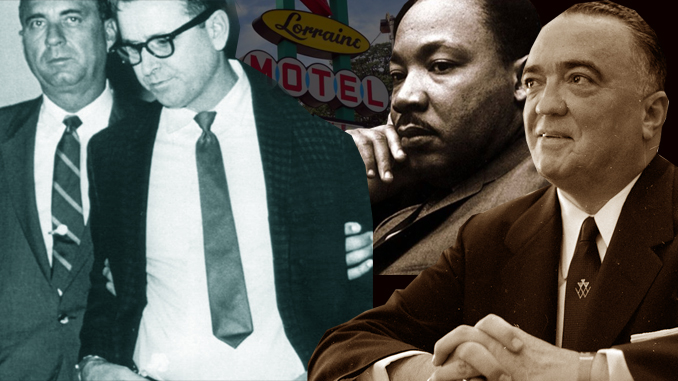
At this 50th anniversary of the assassination of Dr. Martin Luther King Jr., mainstream media has once again presented the “open-and-shut case” assumption that he was murdered by James Earl Ray. Yet numerous respected assassination researchers as well as members of King’s family have long disputed this establishment story. They suggests that, instead, Ray was merely a patsy.
By S.T. Patrick
Even through the latest JFK assassination file releases, the questions regarding the life and death of Rev. Dr. Martin Luther King Jr. still penetrate the American conscience 50 years later. King was shot outside the Lorraine Hotel in Memphis, Tenn. on April 4, 1968. James Earl Ray, a fugitive from the Missouri State Penitentiary, was captured two months later at Heathrow Airport in London. Within nine months, Ray had been convicted, legally and publicly, of assassinating King and sentenced to 99 years. He died in prison in 1998 at the age of 70.
Though the case was closed in the minds of the mainstream media and the historical establishment, doubts existed in the minds of dedicated researchers who never accepted their final conclusions. Like Lee Harvey Oswald and Sirhan Sirhan—the supposed assassins of John F. Kennedy and Robert F. Kennedy, respectively—Ray seemed to be a patsy. Ray later confirmed that he was a patsy to a mysterious figure named “Raoul.”
More than Oswald and Sirhan, Ray was an archetypal figure tailor-made for the divisive times in which the murder occurred. Even the civil rights era’s most palpable black leader was killed by a racist Southerner, many thought.
Some of the most respected assassination researchers of the late 20th century believe that Ray was innocent of the King murder. Attorney and author Mark Lane helped free witness Grace Stephens from a sanitarium. Stephens was at Bessie’s Boarding House with her common-law husband, Charlie Stephens, when King was shot at the Lorraine. Ms. Stephens clearly saw a man running from the communal bathroom after shots were fired. When urged to testify, she refused to testify that the man quickly exiting the bathroom was Ray. Though Mr. Stephens was drunk, without his glasses, and did not see the man clearly, he fingered Ray as that man. His testimony was then used to extradite Ray from England. Ms. Stephens was sent to a sanitarium.
Dr. William F. Pepper was accused assassin Ray’s last attorney. He exhausted every option available in an attempt to gain Ray a trial before his death. Pepper still adamantly believes that Ray was never given the trial constitutionally promised to him. In 1969, Tennessee officials and Ray’s first attorney, Percy Foreman, intimidated Ray into a guilty plea. Pepper later won a televised mock trial for Ray in 1993 when the jury returned a “not guilty” verdict.
As it turns out, King’s greatest enemies did not reside in the Southern United States at all. J. Edgar Hoover’s FBI was targeting King throughout the Kennedy and Lyndon B. Johnson presidencies—away from Kennedy’s reach and with active participation from Johnson. The newly released JFK assassination files contain a 20-page FBI analysis of King that portrays him in the harshest light. The document alleges ties to communist influences, usage of the Southern Christian Leadership Conference (SCLC) as “a tax dodge,” and philandering of the highest order.
In 1964 a package arrived at the home of King and his wife, Coretta. The package contained various tapes compromising to King’s marriage, as well as a letter that appeared to urge him toward suicide. “There is only one thing left for you to do. You know what it is,” the letter read. The package was sent anonymously, though a Senate committee later confirmed that it had been sent by the FBI.
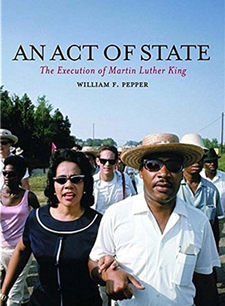
Unlike the Kennedy family, which has remained publicly quiet on the subject of the JFK and RFK assassins, the King family has been both opinionated and active. Since 1997, Coretta Scott King and youngest son Dexter have worked with Pepper in an attempt to free Ray, literally until Ray’s death and historically thereafter. Inspired by Pepper’s book An Act of State: The Execution of Martin Luther King, King’s daughter Yolanda and cousin Isaac Ferris were also on board to find the truth of the assassination. In 1997, Dexter King, with the aid of Pepper, even visited Ray in prison.
When, at a later wrongful death trial, a jury affirmed that they believed “others, including governmental agencies, were parties to this conspiracy,” Ms. King invoked her late husband’s words: “My husband once said that the moral arch of the universe is long, but it bends toward justice.”
The civil court ruling prompted an 18-month investigation by then-Attorney General Janet Reno’s Justice Department. It ruled that a conspiracy to kill Dr. King was neither proven nor present.
As the 50th anniversary of the assassination approaches in April, media attention will increase. The History Channel, Discovery Channel, and the three-letter national networks will inevitably convict Ray once more.
Skeptical authors like Phillip Nelson will release the revisionist counterpoint. Nelson’s Who Really Killed MLK? The Case Against Lyndon B. Johnson and J. Edgar Hoover will be available in April.
As Donald Sutherland’s character says to Kevin Costner’s “Jim Garrison” in Oliver Stone’s “JFK”: “Kings are killed, Mr. Garrison. Politics is power. Nothing more.” Whether or not the FBI dossiers on King are to be believed—credible information exists that at least some of them are—the question of assassination and the guilt of Ray are still dubious at best. But when we allow political assassination to go unchecked, the spine of democracy weakens and the core threatens to crumble.
S.T. Patrick holds degrees in both journalism and social studies education. He spent ten years as an educator and now hosts the “Midnight Writer News” show. His email is [email protected].


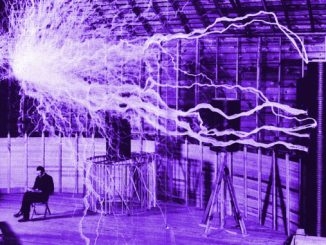
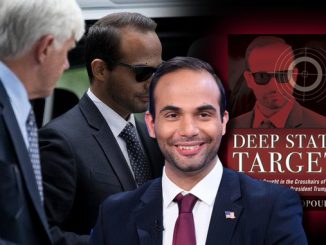
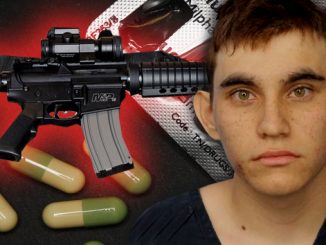
As the late Bill Turner (ex-FBI) so aptly said – and I paraphrase – ‘it matters less who killed JFK or MLK or RFK now, but rather who paid for the bullets?